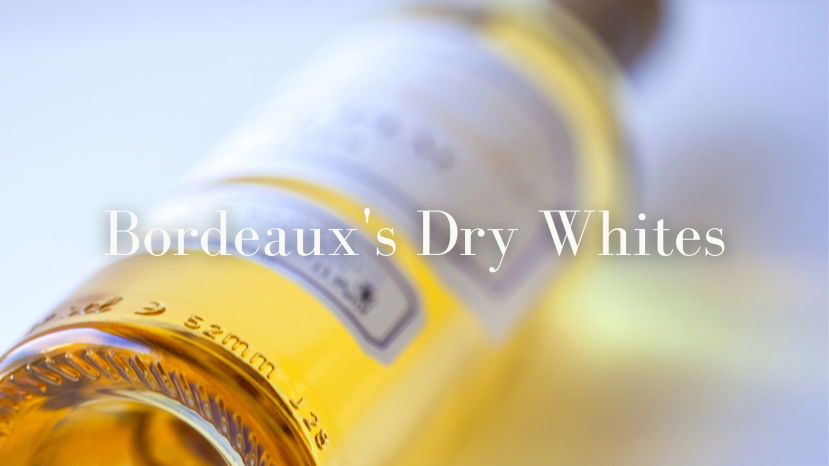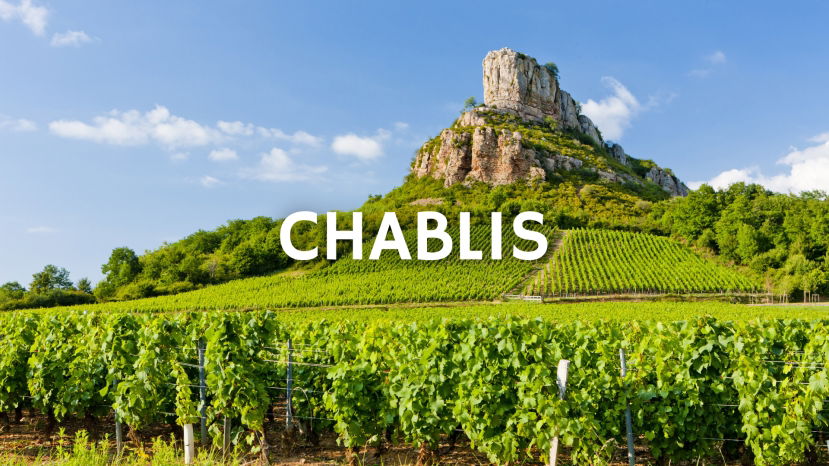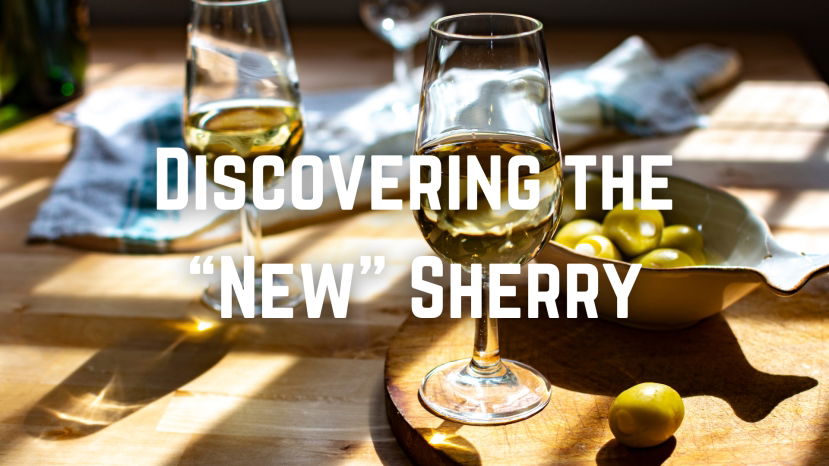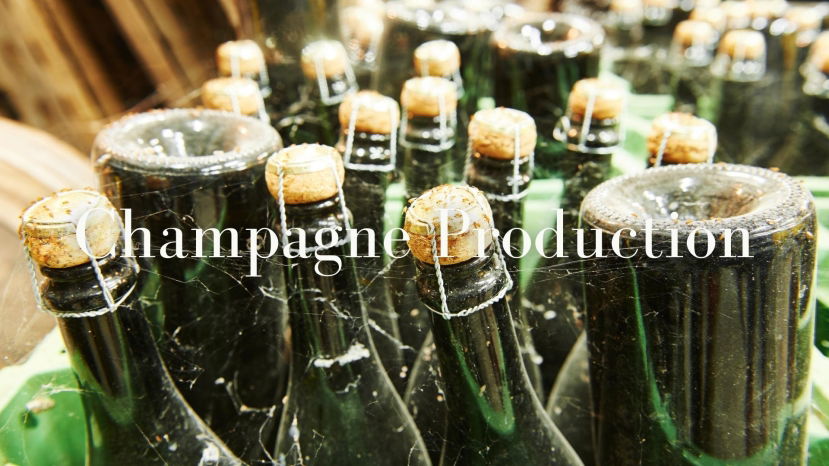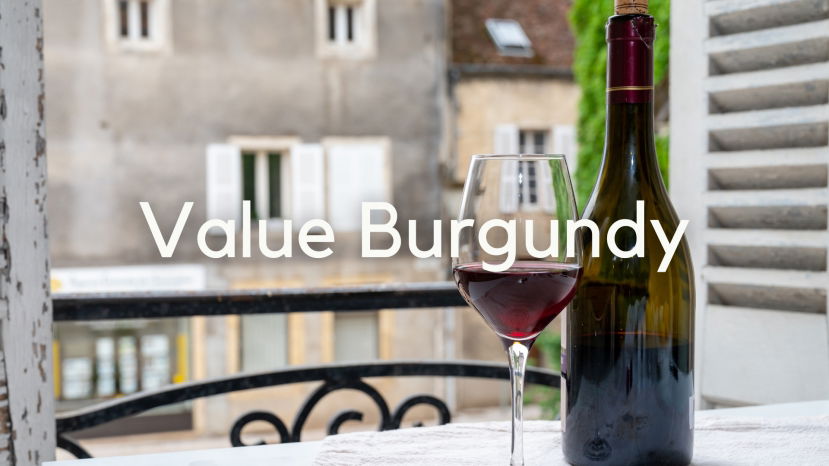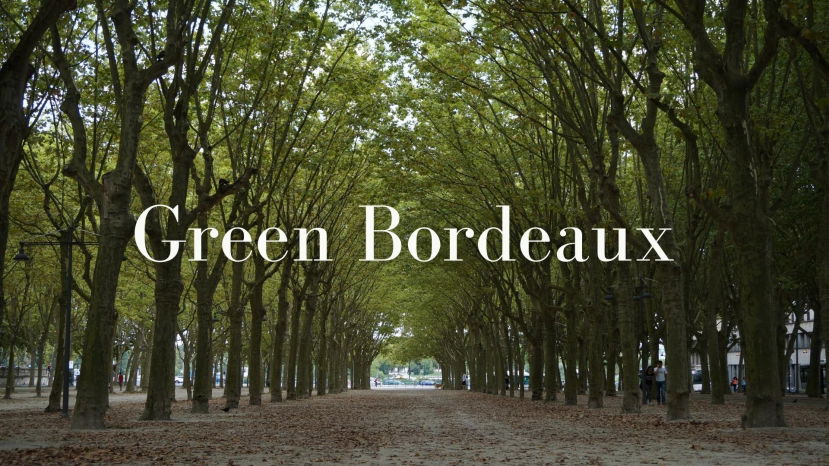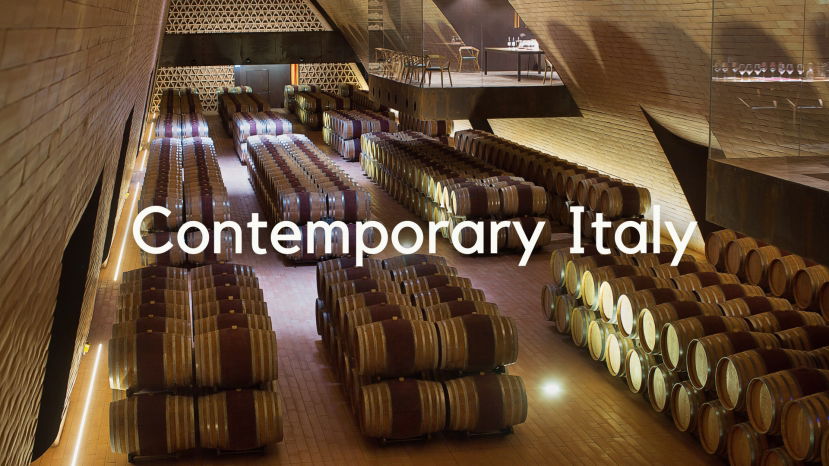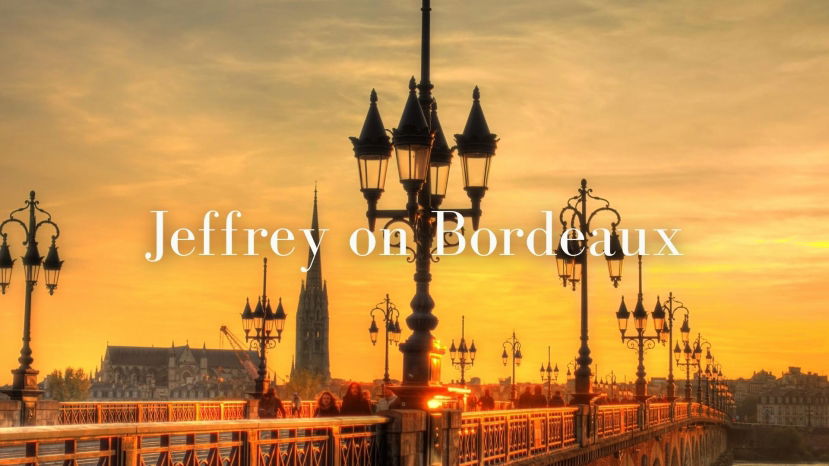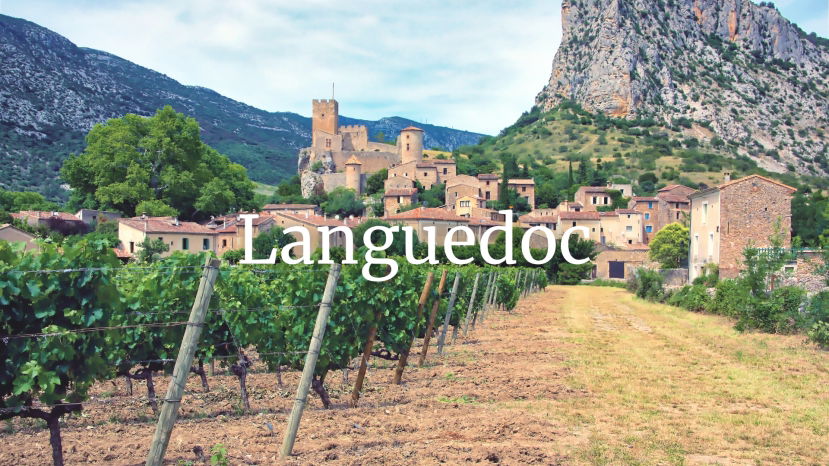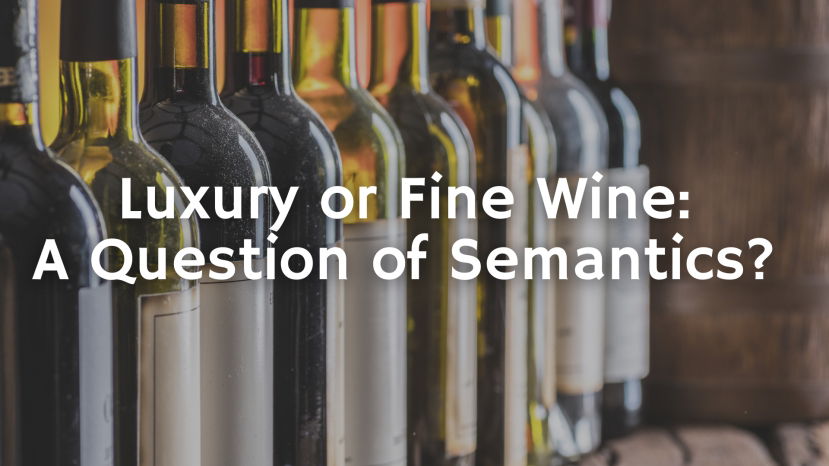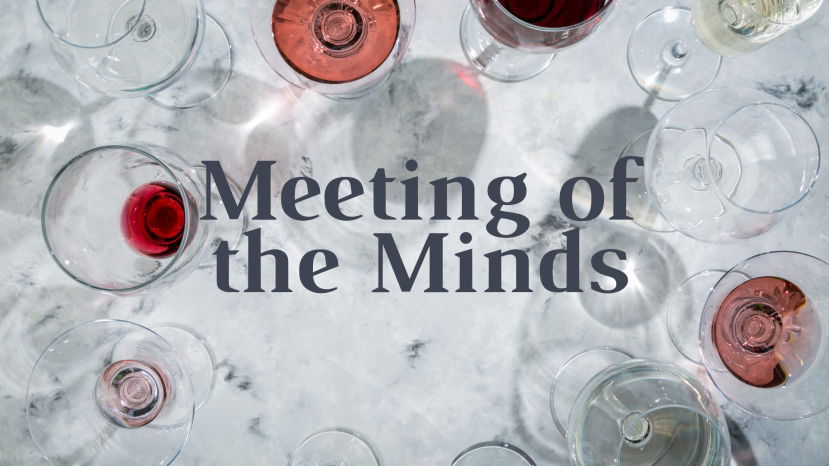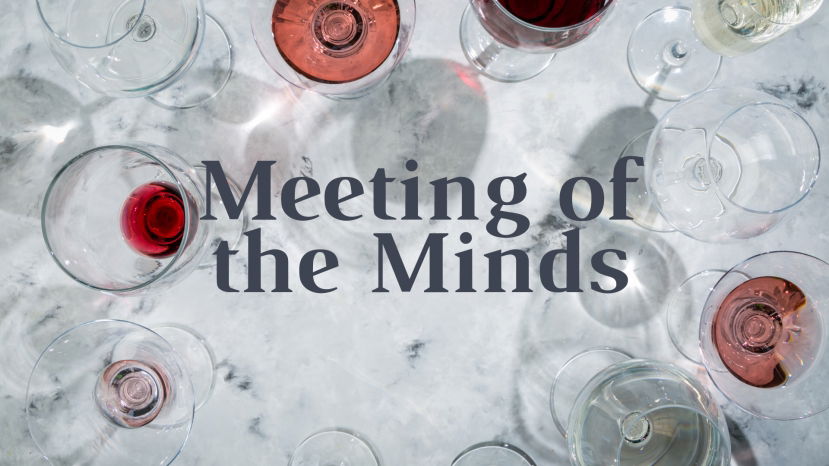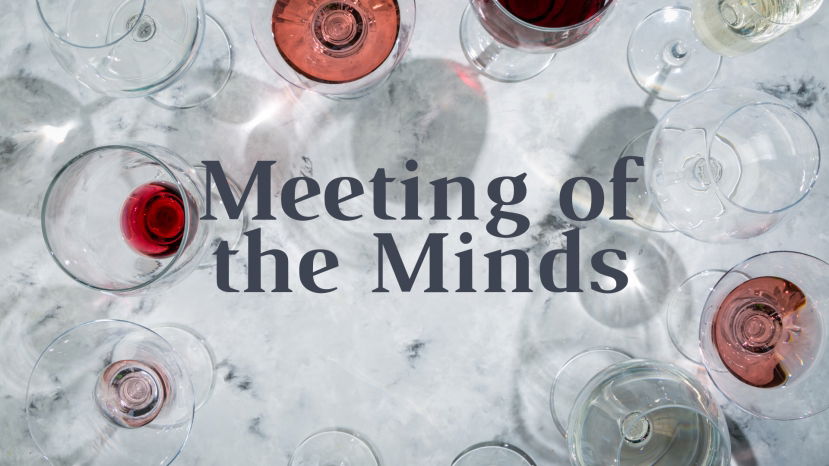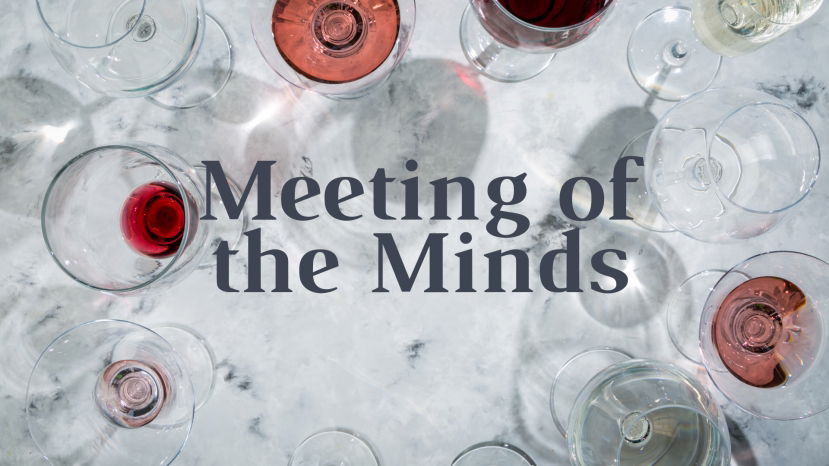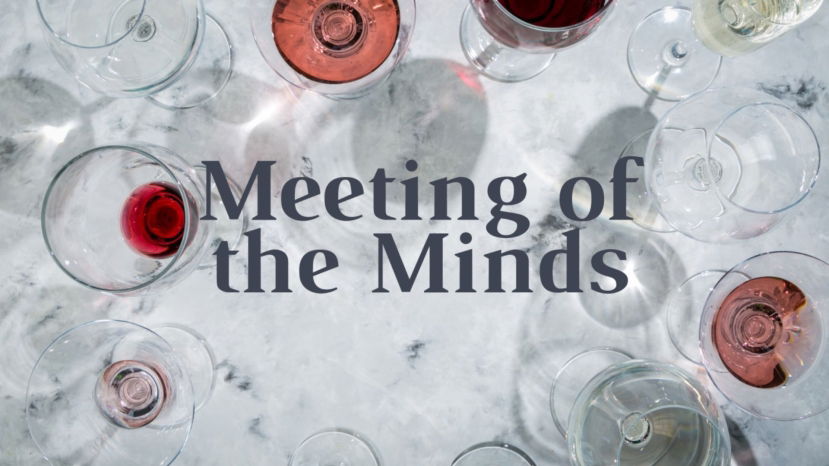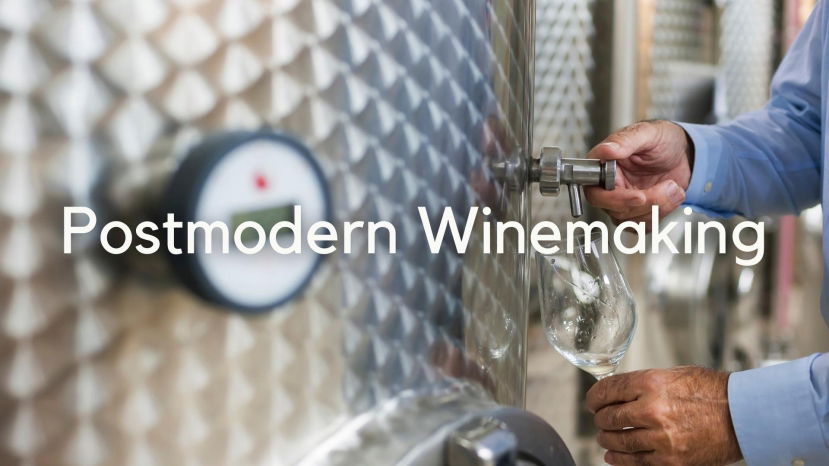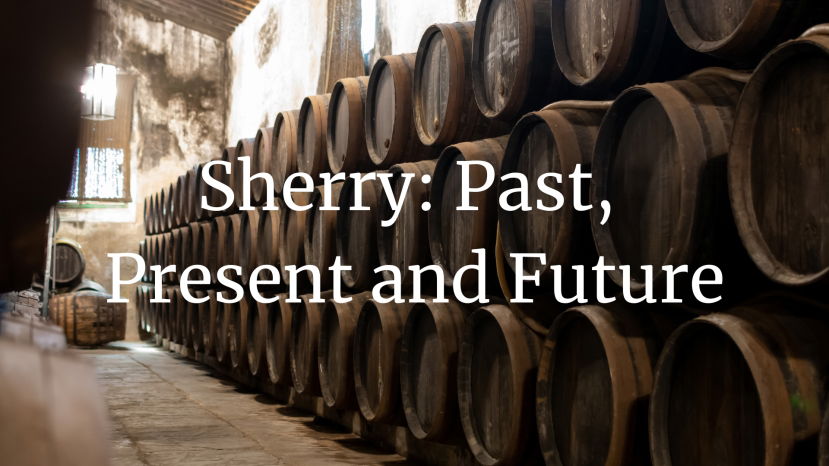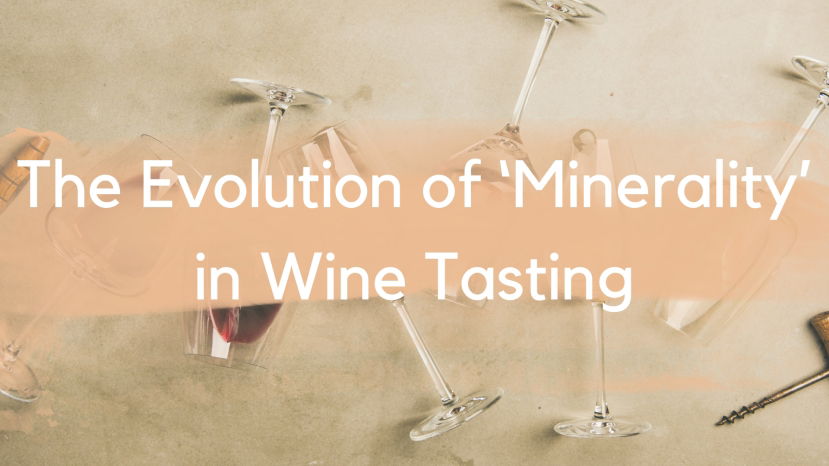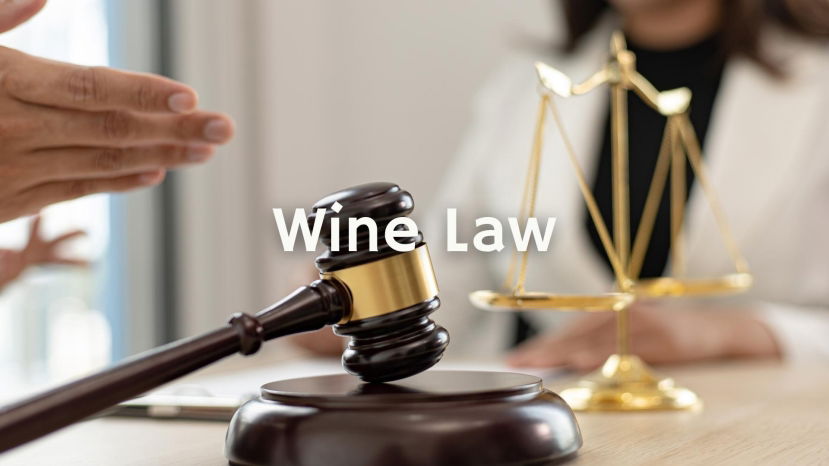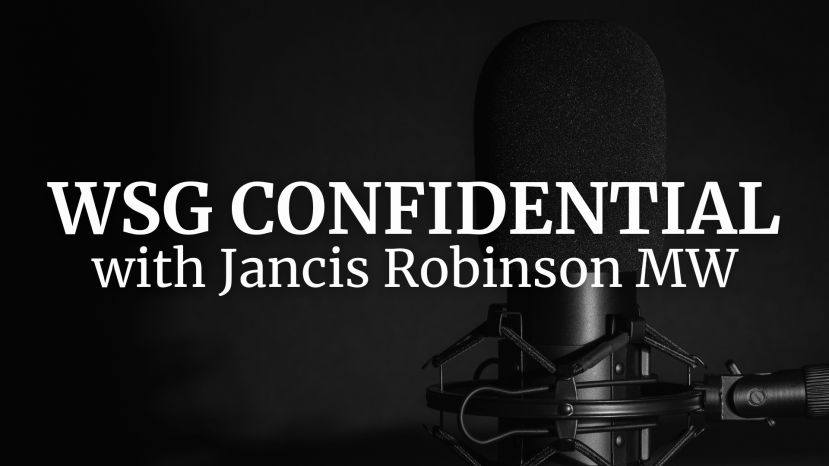BLOG
wine trends
Summary: As Market Advisor to the Bordeaux Wine Council (CIVB) for North America, Mary is in the perfect position to provide us with an in-depth look at Bordeaux's white wines. Presenter: Mary Gorman-McAdams MW Mary Gorman-McAdams, MW is a New York based Master of Wine. She is also a businesswoman, with 17 years of experience in a range of environments from multinational corporations, to start-ups as well as Government agencies. Today Mary is Market
Summary: Chablis is very much its own place, part of Burgundy but in some ways quite different. Once frost protection methods were developed, previously precarious viticulture finally became viable. Chablis is now in the capable hands of a bright younger generation, inspiring a gentle evolution in their vineyard and cellars. Let us hope that climate change will not affect the unique style of the world’s most famous Chardonnay. Presenter:
Summary: The Sherry region of Spain is one of the country’s oldest and most traditional; but did you know it is also one of the most dynamic? While many historic regions remain stuck in the past, Sherry is forging a new future. Over the past couple of years, numerous (sometimes radical) changes have been discussed, including “unfortified” Sherry and new grape varieties.
Presenter: Charles Curtis MW Charles Curtis MW is the founder of CurtisMW, a fine wine advisory serving private, trade and institutional clients with an interest in the market for fine and rare wine. Former Head of Wine for Christie's in both Asia and the Americas and a Certified Member of the Appraiser's Association of America, Mr Curtis has a wealth of experience with the world's most luxurious wine, and deep contacts with the collectors who love them and the people who sell
Summary: Over the years I’ve had many discussions with people who insist that there’s little good value to be found in Burgundy. While I’d be the first to admit that the big names like Roumier & Rousseau are wildly overpriced, largely due to the speculation on the secondary market, I’ll never admit there’s not great value to be found if time and energy are invested searching for it.
Summary: Bordeaux is the largest AOC quality wine region in France, and is home to some of the best known names in the world of wine. Its oceanic climate allows the grapes a long, slow growing season that delivers complexity of flavours and long ageing potential in bottle, but also poses challenges in terms of keeping the grapes healthy during the season.
Summary: Join Nick Bielak for a punchy introduction to some of the important buzzwords of contemporary Italian wine… what’s exciting and what to look out for. Going beyond Italian Wine 101 (basics of Italian wine, main varieties and regions, culture and pronunciation), Nick will discuss hot topics including: menzioni geografiche aggiuntive in Barolo, the noble Italian red varieties,
Summary: Join Jeffrey M. Davies, longtime Bordeaux resident and wine merchant, for the inside scoop on Bordeaux: changes among the big names, excellent producers that fly under the radar, and undiscovered treasures…Find out which stars are rising, which are falling and which are ready to go supernova! Unlike the picture painted by the press, there is true value to be found in Bordeaux at every price point.
Summary: Without exaggeration, the Languedoc is the region of France that has undergone the most dramatic transformation during the first two decades of the 21st century. Work in both cellar and vineyard has evolved, as it has all over the world. Wine styles are changing, with over-extraction a thing of the past and freshness or fraicheur now the keyword. White wine from the Languedoc
Are Château Margaux, Sassicaia or La Romanée Conti luxury brands just like Hermès or Cartier? Europeans are reluctant to talk about luxury wines. They much prefer the term "fine wine". How can we differentiate luxury wine, fine wine, ultra premium wine? How does it affect the market? Are their customers different? With increasing prices and wines being marketed in the same ways as other luxury goods, these questions have been at the heart of many
Summary: The Covid-19 pandemic has changed the texture of life for us all, and left no field of economic activity unruffled. More than 2.5 million people have lost their lives and 115 million have been infected, with up to one in 10 of those infected suffering long-term consequences. Anosmia (the loss of taste and smell) is a symptom of Covid. International travel has slowed to a trickle; restaurants and bars have closed; festivities and celebrations of all sorts have
Summary: Our next Meeting of the Minds will cover the issues and challenges facing Bordeaux, France's largest AOC wine region and an area that drives the global fine wine market. Jane Anson, Bordeaux expert and author of the encyclopedic Inside Bordeaux (described as a 'category buster' by Jamie Goode and 'the most complete, up to date and scientifically accurate book on
Summary: Champagne specialist Essi Avellan MW hosts a live discussion on the latest trends in Champagne and the outlook for the region's future. Her prestigious panel will be covering a broad range of trends from vineyards to wineries as well as business. She will be joined by cellar master Cyril Brun of the prestigious house Charles Heidsieck, Vallée de la Marne Meunier specialist
Summary: Every drop of wine we ever drink is the product of observation, intervention and craftsmanship. Without intervention, every wine would be oxidising and turning to vinegar; without craftsmanship, every wine would be rough and unpalatable. Advances in craftsmanship have brought us the extraordinary beauty and diversity we are all familiar with and that we celebrate in today’s wine world. What have been the key winemaking advances of the last two decades, and what
Summary: The famous classifications of Bordeaux (discussed in our Meeting of the Minds webinar on June 22nd) are based on properties – privately owned land entities whose boundaries are subject to change. Of more significance to French wine as a whole, though, are the land classifications based on the notion of the cru or ‘growth’: an entity which rarely coincides, Bordeaux excepted, with private property boundaries and which thus might be considered a
Summary: In this intriguing discussion on winemaking in the modern era, Clark Smith will discuss the principles explored in his book, Postmodern Winemaking, named Wine & Spirits Magazine 2013 Book of the Year. He will share his views on the causes of the rift between wine lovers and winemakers and how it might be healed and will illustrate the application of postmodern principles through the production of Eurocentric wines in California under his
Summary: Jerez is among the older wine regions in the World, with nearly 3,000 years of continued wine activity. Over the centuries, wine production has evolved into very unique methods of production and a whole series of different wines of very strong identity, which were finally regulated under the first DO appellation in Spain, 85 years ago. But wine production continues to evolve in the Sherry region and local winemakers are now experimenting beyond the DO rules to find new
Summary: This seminar explores the history, evolution and application of ‘minerality’ in wine tasting notes. In the rich lexicon of wine terms that have developed in the modern era, few have proved more important, and more divisive, than this one. Justin conducted a content analysis of more than 20,000 tasting notes published in the UK’s Decantermagazine from 1976-2019, to chart for the first time the possible origins of the term, how and when
Summary: Our continuing education program welcomes Mary Gorman, MW, for a webinar delving into the new EU wine laws... IGP and AOP - The new EU wine classification system. What has really changed and what does it mean for the consumer and for wine educators? The session aims to explain the changes, what they mean and how they translate in the wine regions of France.
Summary: There is, arguably, no wine mind more extraordinary, more capacious or better informed than that of Jancis Robinson MW. After university studies in mathematics and philosophy at Oxford, Jancis worked for a short while in the travel business before becoming a wine trade journalist in 1976. Within three years she was the wine correspondent of the Sunday Times, and over the following four decades, her staggering output of journalism, books and media

